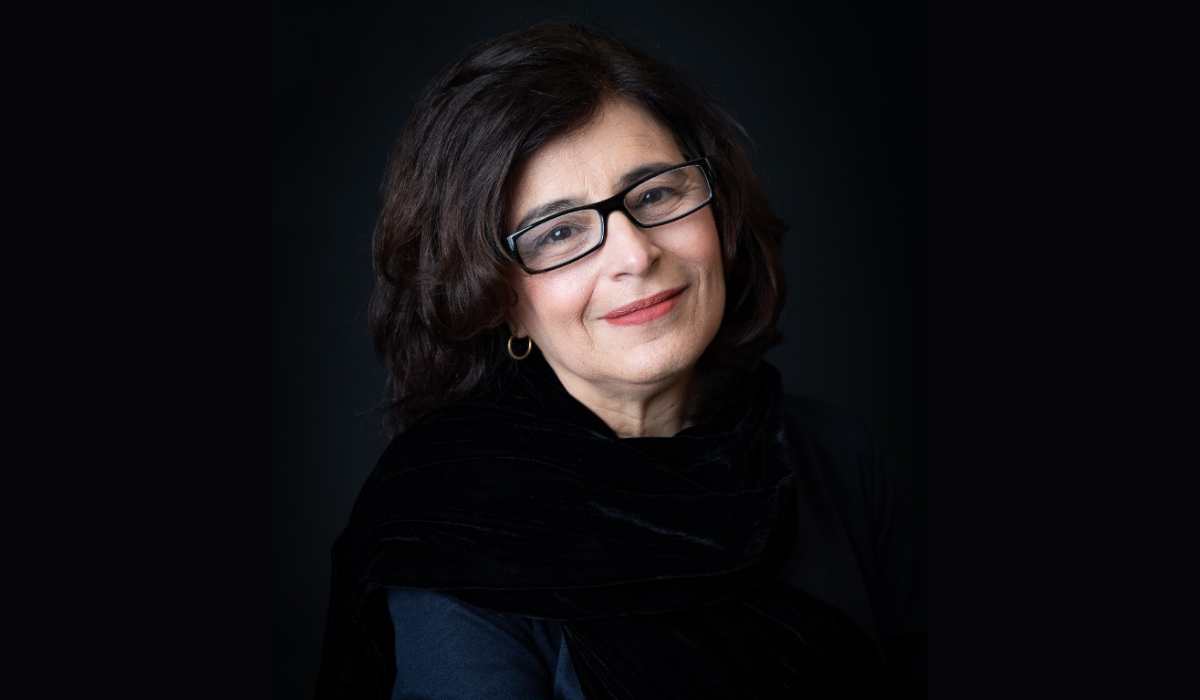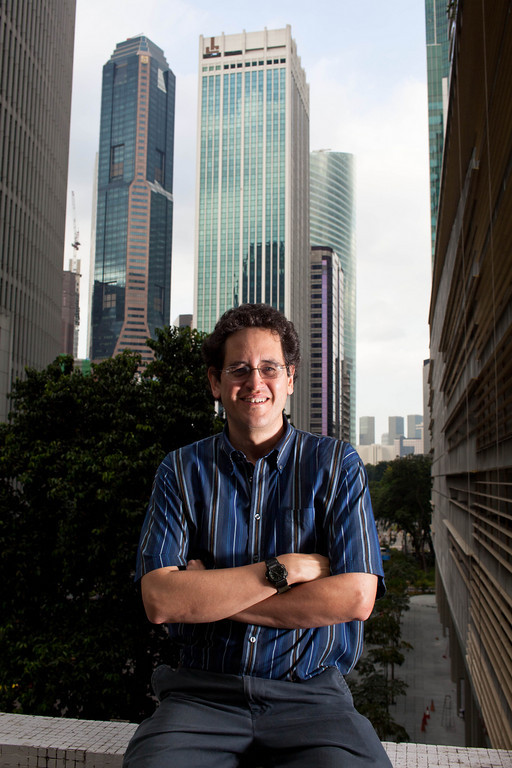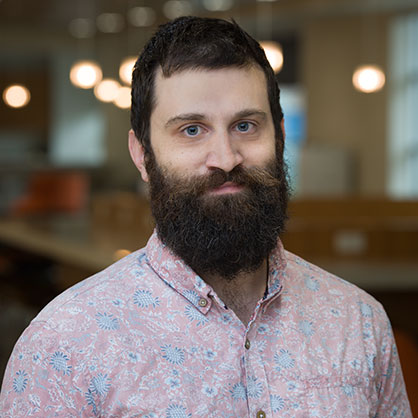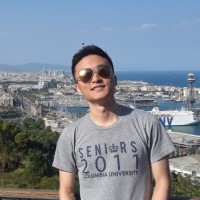Learn Applied Category Theory!
Posted by John Baez
Do you like the idea of learning applied category theory by working on a project, as part of a team led by an expert? If you’re an early career researcher you can apply to do that now!
- Mathematical Research Community: Applied Category Theory, meeting 2022 May 29–June 4. Details on how to apply: here. Deadline to apply: Tuesday 2022 February 15 at 11:59 Eastern Time.
After working with your team online, you’ll take an all-expenses-paid trip to a conference center in upstate New York for a week in the summer. There will be a pool, bocci, lakes with canoes, woods to hike around in, campfires at night… and also whiteboards, meeting rooms, and coffee available 24 hours a day to power your research!
Later you’ll get invited to the 2023 Joint Mathematics Meetings in Boston.
Here’s what it looks like:
There will be three projects to choose from:
- Valeria de Paiva (Topos Institute) will lead a study in the context of computer science that investigates indexed containers and partial compilers using lenses and Dialectica categories.
- Nina Otter (Queen Mary University of London) will lead a study of social networks using simplicial complexes.
- John Baez (University of California, Riverside) will lead a study of chemical reaction networks using category theoretic methods such as structured cospans.
The whole thing is being organized by Daniel Cicala of the University of New Haven:
and Simon Cho of Two Six Technologies:
I should add that this is just one of four ‘Mathematical Research Communities’ run by the American Mathematical Society in 2022, and you may prefer another. The applied category theory session will be held at the same time and place as one on data science! Then there are two more:
- Week 1a: Applied Category Theory
Organizers: John Baez, University of California, Riverside; Simon Cho, Two Six Technologies; Daniel Cicala, University of New Haven; Nina Otter, Queen Mary University of London; Valeria de Paiva, Topos Institute.
- Week 1b: Data Science at the Crossroads of Analysis, Geometry, and Topology
Organizers: Marina Meila, University of Washington; Facundo Mémoli, The Ohio State University; Jose Perea, Northeastern University; Nicolas Garcia Trillos, University of Wisconsin-Madison; Soledad Villar, Johns Hopkins University.
- Week 2a: Models and Methods for Sparse (Hyper)Network Science
Organizers: Sinan G. Aksoy, Pacific Northwest National Laboratory; Aric Hagberg, Los Alamos National Laboratory; Cliff Joslyn, Pacific Northwest National Laboratory; Bill Kay, Oak Ridge National Laboratory; Emilie Purvine, Pacific Northwest National Laboratory; Stephen J. Young, Pacific Northwest National Laboratory; Jennifer Webster, Pacific Northwest National Laboratory.
- Week 2b: Trees in Many Contexts
Organizers: Miklós Bóna, University of Florida;Éva Czabarka, University of South Carolina; Heather Smith Blake, Davidson College; Stephan Wagner, Uppsala University; Hua Wang, Georgia Southern University.
Applicants should be ready to engage in collaborative research and should be “early career” — either expecting to earn a PhD within two years or having completed a PhD within five years of the date of the summer conference. Exceptions to this limit on the career stage of an applicant may be made on a case-by-case basis. The Mathematical Research Community (MRC) program is open to individuals who are US citizens as well as to those who are affiliated with US institutions and companies/organizations. A few international participants may be accepted. Depending on space and other factors, a small number of self-funded participants may be admitted. Individuals who have once previously been an MRC participant will be considered for admission, and their applications must include a rationale for repeating. Please note that individuals cannot participate in the MRC program more than twice: applications from individuals who have twice been MRC participants will not be considered.
We seek individuals who will both contribute to and benefit from the MRC experience, and the goal is to create a collaborative research community that is vibrant, productive, and diverse. We welcome applicants from academic institutions of all types, as well as from private industry and government laboratories and agencies. Women and under-represented minorities are especially encouraged to apply.
All participants are expected to be active in the full array of MRC activities — the summer conference, special sessions at the Joint Mathematics Meetings, and follow-up collaborations.







Re: Learn Applied Category Theory!
Spencer Breiner added: